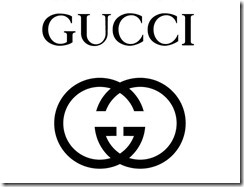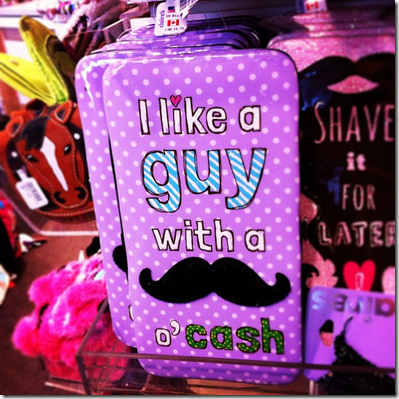Emily Yoffe, the Ask Prudence advice communist for Slate, recently did a podcast in which people were able to ask questions about wedding etiquette via the telephone as part of Slate’s wedding issue.
Yoffe tends to lean toward tradition and formality, which differs from my natural inclinations, but I found myself both in agreement and incredibly impressed by her answers during the course of this podcast.
In response to a bride-to-be who recently learned that her mother-in-law plans on wearing a cream-colored dress to the wedding, Yoffe told the caller not to say a word to her future mother-in-law about the choice of color. Yes, it’s true that it’s traditional for only the bride to wear a white dress to her wedding, but Yoffe assured the bride that no one is going to mistake and the mother-in-law because their dresses are similar in color, nor does the mother-in-law’s dress have any bearing over the enjoyment that the bride should have that day.
Moreover, and more important, she also implored the bride to take the high road if someone commented on the dress color at the wedding by simply stating that she thought her mother-in-law looked beautiful.
The tradition that the bride is the only woman wearing white at the wedding is true enough, but Yoffe is also willing to acknowledge that this is a fairly meaningless tradition, and that the bride’s relationship with her mother-in-law, who has already bought the dress and expressed her love for it, is more important than ridiculous matters of dress color.
Yoffe also acknowledges the likelihood that the bride would speak about the mother-in-law’s decision behind her back and is wise enough to advise against it. I cannot tell you how many times my respect for a person has eroded after listening to them make petty, backbiting, materialistic comments like the ones Yoffe anticipated about someone who is not in the room.
Another caller expresses her concern over the mounting cost of four weddings that she is going be in this year as a bridesmaid. As a fulltime student with a part-time job, the cost of the dresses, the alterations, shoes and the out-of-town bachelorette parties has become too much for this woman’s checking account to bear. She asked Yoffe if it would be acceptable to not bring a gift to the wedding.
Yoffe says that you are obligated to do “only what you are able to do.”
Then she speaks blasphemy:
“Gifts are optional.”
Except it’s not blasphemy. We all know how much it costs to be a bridesmaid these days with bridal showers, bachelorette parties and wedding costs.
What kind of bride would not acknowledge and understand this when it comes to the bridesmaid’s choice of gift?
A despicable one, perhaps, but you shouldn’t be serving as bridesmaid for a despicable person.
Yoffe goes on to say that you can pick up something small but nice for as little as ten or twenty dollars, wrap it up and you have “discharged your duty.”
Hallelujah.
What Yoffe fails to acknowledge is the disgusting and all-to-common custom of discussing the quality, choice and even cost of gifts with friends and family members after the fact.
“Can you believe that Aunt Judith only gave me $50?”
“My friend, Tina, went off-registry and bought me this awful looking vase that I’m sure was on sale.”
“What did Kim and Joe give you for your wedding? Were they as cheap as they were with me?”
On this week’s Slate’s DoubleX podcast, Slate editor Allison Benedikt actually argues in favor of bridal registries for this very reason, claiming that the potential gossip material that bridal registries provide is too valuable to allow the tradition die.
If this woman follows Yoffe’s advice and gives an inexpensive gift or no gift at all, it is likely that the bride will gossip about her, maybe only to her parents or sister or favorite cousin, but probably more.
It’s possible that the bride possesses the degree of grace, dignity, restraint and/or perspective necessary to to never speak about the quality of this bridesmaid’s gift, but I fear those people are few and far between.
As vile and disgusting as this kind of gift gossip happens to be, I have seen far too much of it over the course of my lifetime to believe that it won’t happen here.
Still, I agree and admire Yoffe’s advice. She’s right. The cost of the gift should never matter, but it should especially never matter when a bridesmaid is involved.
To hell with the possible gossip. If you spend hundreds of dollars on a dress, shoes, alterations, hair, a wedding shower and a bachelorette party, you should not be expected to also purchase a wedding gift.
Only a loser moron materialistic cretin who sucks at life would say otherwise.










